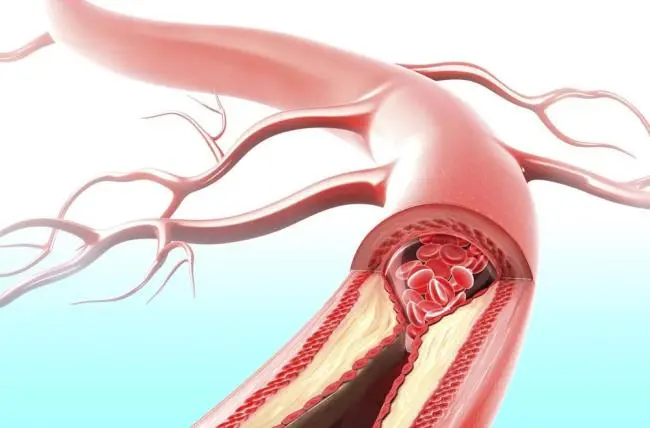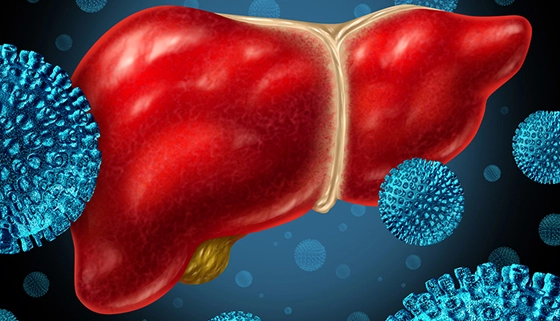Genetics and atherosclerosis

If you tested your DNA with a personal genomics service like 23andMe, AncestryDNA, FamilyTreeDNA, MyHeritage or another testing company, you can learn more about your risk factors for hundreds of diseases. By clicking the button above ⬆️, you can upload your raw DNA data file and receive a personalized 250-page health report with research links that is the most comprehensive.
Atherosclerosis is a progressive inflammatory disorder that underlies coronary artery disease (CAD) and stroke - major causes of worldwide mortality and morbidity. To gain in-depth knowledge about the biology of this disease, numerous recent reviews are available1-3. Most understanding on factors contributing to atherosclerosis comes from epidemiological studies and Mendelian investigations into forms like familial hypercholesterolemia; these reveal important roles played by plasma lipoprotein, blood pressure issues, diabetes-related risk factors as well as other risks. Elaboration around pathways/mechanisms involved rely mostly on animal models primarily genetically engineered hypercholesterolemic mice4,5. The vast majority preventing CAD & stroke involves complex genetic/environmental considerations which previously presented challenges with regards genetic dissection but would be beneficial when assessing common forms6: gaining insights into their detailed mechanistic understanding could have significant treatment/ prevention implications for those experiencing symptoms associated with Atherosclerosis..
Researchers have discovered that the gene SVEP1 produces a protein which fuels the growth of plaque in arteries. In mice, those without one copy of SVEP1 had less arterial plaque than those with both copies.
By using mouse models and analyzing human genetic data, the researchers have observed that there is a correlation between genetic variation affecting levels of this protein in the body and an increased risk for developing plaque build-up within arteries.
SVEP1 is required for the early development of embryos. However, removing the protein in adult mice did not appear to be harmful according to researchers.
Their findings pave a new path for potential treatments of coronary artery disease and may lead to further strategies targeting or blocking the gene.
Follow the link of the selected polymorphism to read a brief description of how the selected polymorphism affects Atherosclerosis and see a list of existing studies.
SNP polymorphisms related to the topic Atherosclerosis:
| rs2229116 | The RYR3 gene variant is associated with an increased risk of carotid atherosclerosis in immunocompromised individuals. |
| rs1878406 | The rs1878406 polymorphism of the endothelin receptor gene is associated with severe multivessel coronary artery disease. |
| rs4712972 | The renal urate transporter SLC17A1 polymorphism is associated with the occurrence of carotid artery plaques. |
| rs6511720 | Low-density lipoprotein receptor polymorphisms are associated with risk of atherosclerotic vascular disease. |
| rs1856746 | Breakdown increases the risk of coronary atherosclerosis. |
| rs9632884 | Association of the 9p21-3 locus with coronary atherosclerosis and coronary heart disease. |
| rs958994 | |
| rs17691394 | |
| rs17151904 | |
| rs1697137 | |
| rs588517 | |
| rs13053817 | |
| rs147555597 | |
| rs9727451 | |
| rs11413744 | |
| rs4779614 | |
| rs259140 | |
| rs17045031 | |
| rs445925 | |
| rs17398575 | |
| rs11781551 | |
| rs6601530 | |
| rs11726269 | |
| rs682112 | |
| rs2526620 | |
| rs118039278 | |
| rs8003602 | |
| rs10841443 | |
| rs9515203 | |
| rs112043140 | |
| rs2822693 | |
| rs1108775 | |
| rs2791713 | |
| rs291096 | |
| rs11012265 | |
| rs17366136 | |
| rs10830090 | |
| rs17078595 | |
| rs6894083 | |
| rs890710 | |
| rs1035208 | |
| rs6900057 | |
| rs12285326 | |
About The Author
Li DaliLi Dali, a National Foundation for Outstanding Youth Fund recipient, is a researcher at the School of Life Sciences in East China Normal University. He earned his PhD in genetics from Hunan Normal University in 2007 and conducted collaborative research at Texas A&M University during his doctoral studies. Li Dali and his team have optimized and innovated gene editing technology, leading to the establishment of a world-class system for constructing gene editing disease models.


